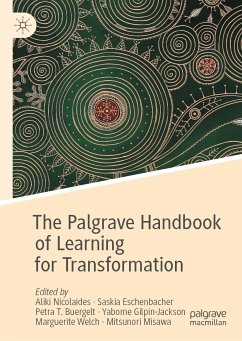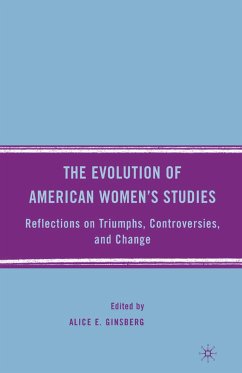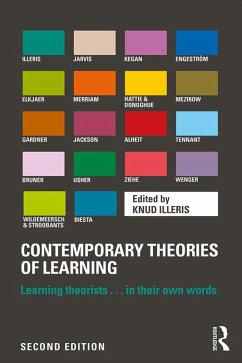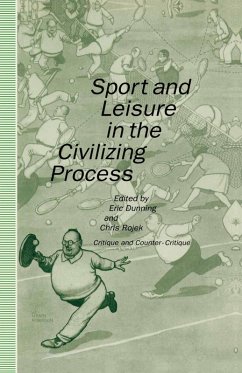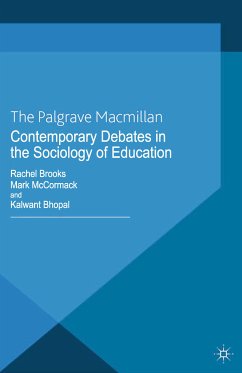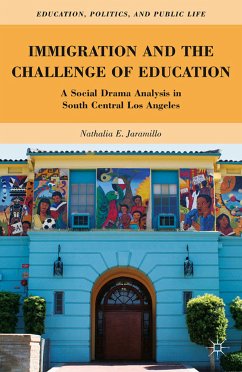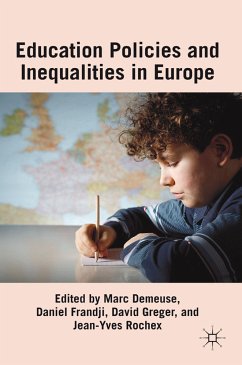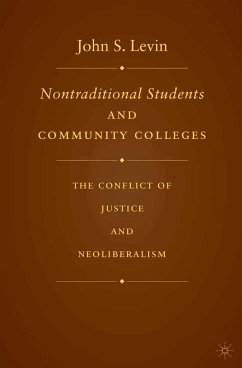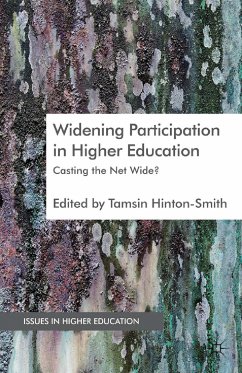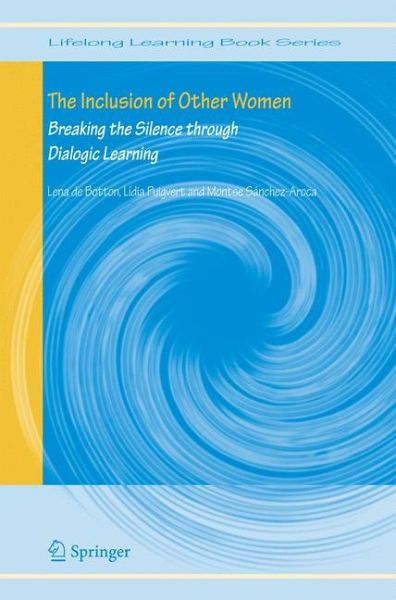
The Inclusion of Other Women (eBook, PDF)
Breaking the Silence through Dialogic Learning
Versandkostenfrei!
Sofort per Download lieferbar
72,95 €
inkl. MwSt.
Weitere Ausgaben:

PAYBACK Punkte
36 °P sammeln!
Why we are the "other women" This book recognizes a reality, our reality, that of the "other women". Why are we the "other women"? Because we are women who, given the fact that we have not had the chance to obtain an academic education, were silenced and have remained outside of the spaces for public debate about women. This exclusion is worse if we are immigrants or belong to an ethnic minority. Those of us who are housewives, domestic workers or factory workers, because we do not have academic degrees, do not have spaces in which our voices can be heard, where we can say what we want. At tim...
Why we are the "other women" This book recognizes a reality, our reality, that of the "other women". Why are we the "other women"? Because we are women who, given the fact that we have not had the chance to obtain an academic education, were silenced and have remained outside of the spaces for public debate about women. This exclusion is worse if we are immigrants or belong to an ethnic minority. Those of us who are housewives, domestic workers or factory workers, because we do not have academic degrees, do not have spaces in which our voices can be heard, where we can say what we want. At times women whose voices are heard, because they have been able to go to university or have been leaders in the feminist movement, speak for all of the other women who have not been able to get a formal education, without asking us what it is we really want or think. Through our participation in educational and cultural centers and associations, many of us have formed associations and women's groups. In this way, we are creating spaces where we can discuss issues that we are concerned about: solidarity among women, demands for better widows' pensions, exploitation of domestic workers, etc. And we are organizing ourselves to get our voices, demands and opinions about these issues out there into the public debate.
Dieser Download kann aus rechtlichen Gründen nur mit Rechnungsadresse in A, B, BG, CY, CZ, D, DK, EW, E, FIN, F, GR, HR, H, IRL, I, LT, L, LR, M, NL, PL, P, R, S, SLO, SK ausgeliefert werden.




